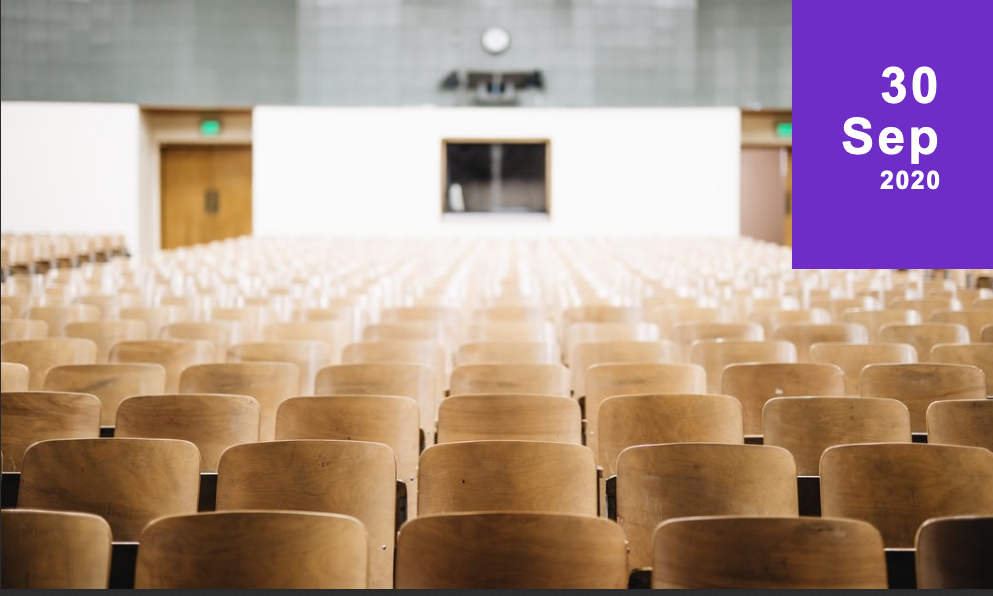Empty classrooms The impact of COVID-19 on education

Ensuring that all girls and boys are granted quality education is a prime ambition of the Sustainable Development Goals. The return is considerable: a more diverse and prosperous economy, access to better services, and increased equality are amongst the clear benefits from open access to free education. Over the last few decades, exchange programmes across Europe and its neighbouring countries have been developed to enable a greater spread and diversity of knowledge. In the Euro-Mediterranean region, exchange programmes such as Erasmus+ and virtual platforms including Erasmus+ Virtual Exchange have encouraged decision-makers and academics to work together in sharing knowledge and best-practices, while equally enabling youth to discover new cultural realities and gain intercultural learning.
However, COVID-19 having kept 90% of all students out of school, the important progress of recent years is at severe risk of being reversed. With many classrooms having remained empty for several months, authorities have scrambled to develop alternative education systems to connect teachers and students. The results vary greatly, with striking differences in completion rates between richer and poorer households, further exacerbating inequality.
- What role can digital tools offer to provide uninterrupted quality education for all and intercultural experiences to students?
-Which focus should be adopted by international partners?
- How can the lessons from this pandemic make our education systems more resilient and inclusive?